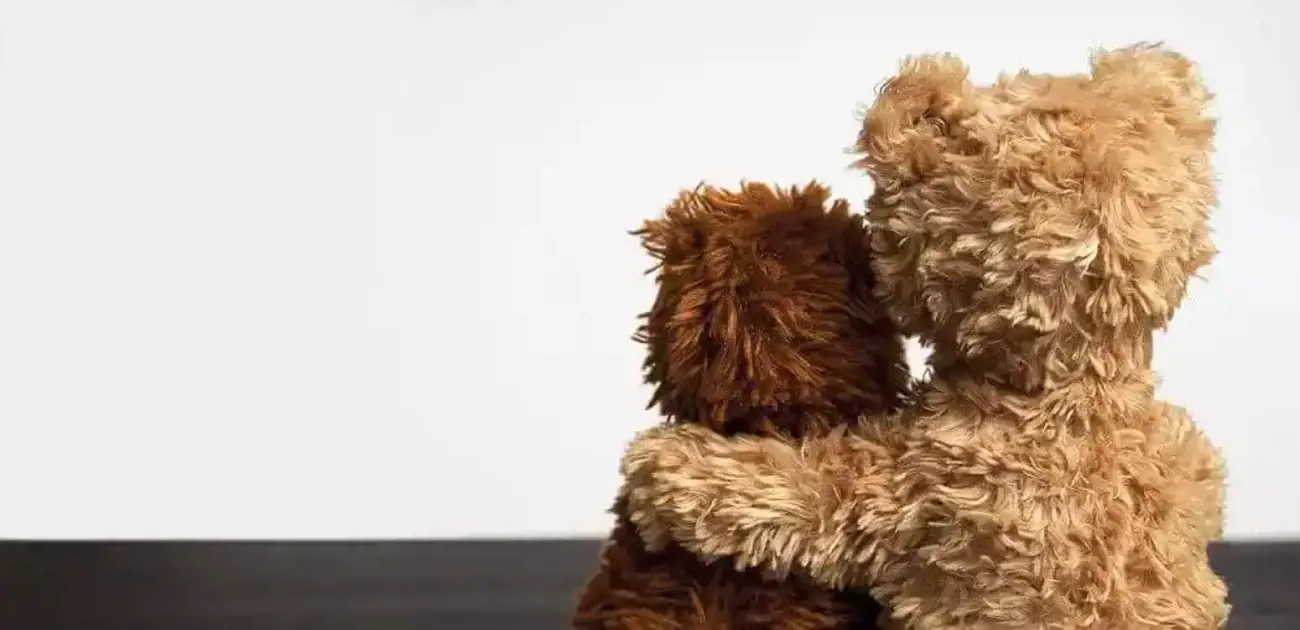Making the decision to put your child in a child care can be a stressful time. As well as the distress of having to leave your little one all day, you may worry about them getting ill, feeling lonely or one of a hundred other concerns experienced by parents facing the prospect of leaving their child in a centre or with a nanny, au pair or babysitter for the first time.
Knowing you are leaving your child safe in the hands of qualified professionals should help ease your concerns. Working with children checks are now mandatory in most States and Territories in Australia, and these checks provide a safer environment for children in early childhood education and care services.
Refer to the table below for an overview of the checks available in each State or Territory and to find out which agency oversees the checking process.
Remember that child care workers need to fulfil the checking and clearance requirements of the State or Territory they are working in as there are no checks required on a national basis.
| State/Territory | Legal Requirements |
|
Australian Capital Territory |
In the Australian Capital Territory the Working with Vulnerable People Act requires those working with children (and other vulnerable groups) to complete a background check and be registered before they can commence employment. For more information click here. |
|
New South Wales |
The New South Wales Office of the Children's Guardian is responsible for conducting Working With Children Checks to determine whether a person is suitable to work in child related employment. For more information click here. |
|
Northern Territory |
In the Northern Territory it is mandatory for people who have contact or potential contact with children to hold a Working with Children Clearance Notice and an Ochre Card. |
|
Queensland |
In Queensland people working or volunteering with children need to hold a Blue Card. |
|
South Australia |
People working or volunteering with children in South Australia must, by law, have a working with children check. |
|
Tasmania |
Under laws which took effect in Tasmania in 2014, people who work in the early childhood sector are now required to apply for a working with children registration before they start working in an early childhood setting. |
|
Victoria |
The Victorian Government has introduced the Working with Children Check, which is compulsory for people who wish to work with or volunteer with children. |
|
Western Australia |
In Western Australia a Working with Children Check is compulsory for people who carry out child-related work in Western Australia. |
Remember that many organisations have internal policies which require employees to undergo background checks as it protects both the children and the organisation from future problems. It is worth asking about these checking policies and procedures when you start hunting for a child care centre for your child or with the agency you have engaged.

































